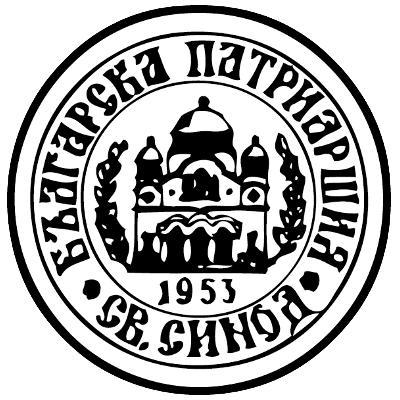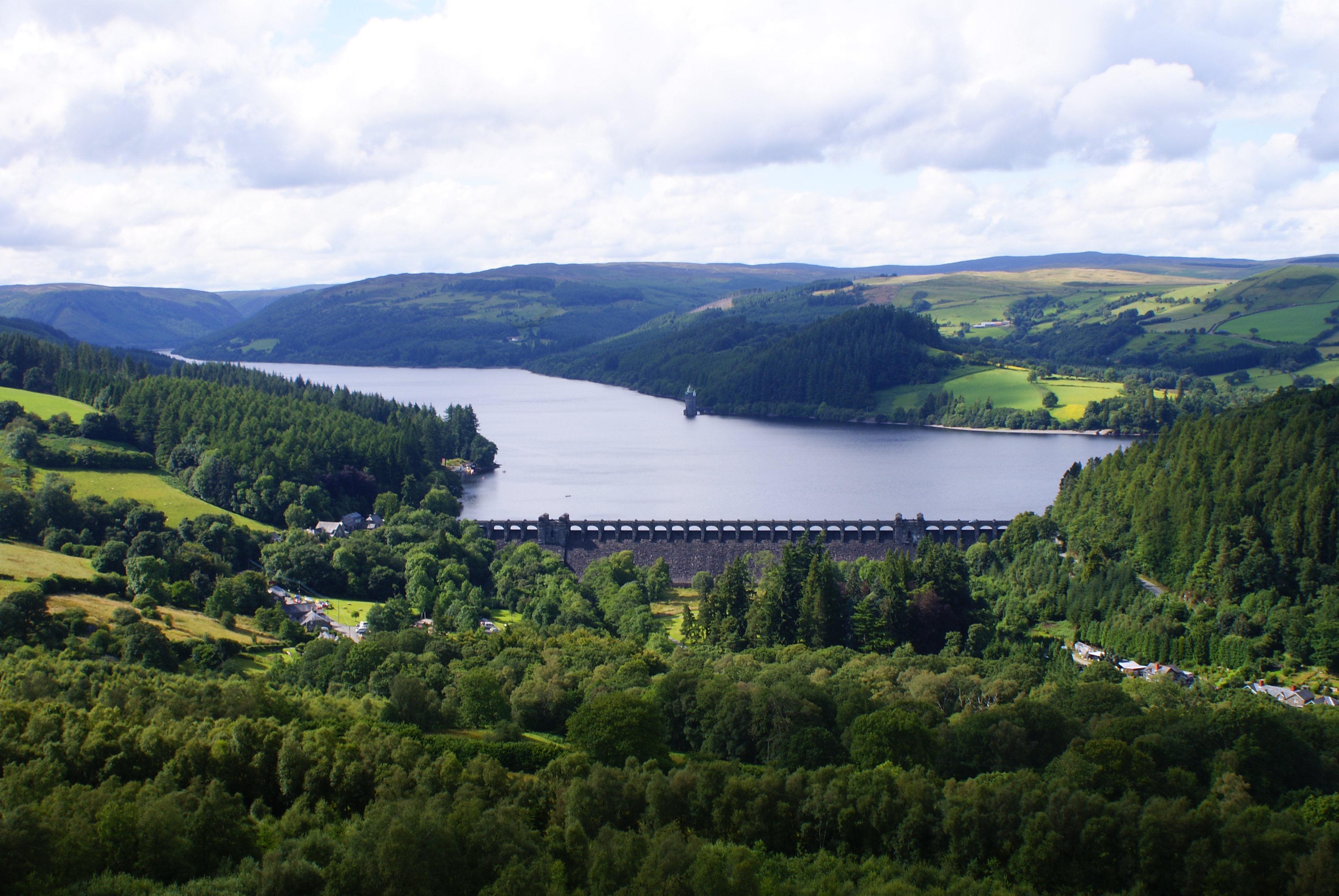|
Kaloyanovo Municipality
Kaloyanovo Municipality () is a municipality in the Plovdiv Province, central Bulgaria and covers an area of 347 km². As of 2006 it has 12,390 inhabitants. The center of the municipality is the village of Kaloyanovo (Plovdiv Province), Kaloyanovo. It is a flat country with some hilly areas to the north where the southern slopes of Sredna Gora begin. The climate is continental climate, continental. The precipitation is around Bulgaria's average and is favourable for intensive agriculture. There are 21 reservoirs for irrigation and fishing. Religion Some of the inhabitants of the municipality are Catholics and the rest are Eastern Orthodox Church, Orthodox Christians. The Catholic villages are Zhitnitsa, Plovdiv Province, Zhitnitsa and Duvanlii as well as 1,100 of the inhabitants of Kaloyanovo. According to the latest Bulgarian census of 2011, the religious composition, among those who answered the optional question on religious identification, was the following: References ... [...More Info...] [...Related Items...] OR: [Wikipedia] [Google] [Baidu] |
Municipality
A municipality is usually a single administrative division having corporate status and powers of self-government or jurisdiction as granted by national and regional laws to which it is subordinate. The term ''municipality'' may also mean the governing body of a given municipality. A municipality is a general-purpose administrative subdivision, as opposed to a special-purpose district. The term is derived from French and Latin . The English word ''municipality'' derives from the Latin social contract (derived from a word meaning "duty holders"), referring to the Latin communities that supplied Rome with troops in exchange for their own incorporation into the Roman state (granting Roman citizenship to the inhabitants) while permitting the communities to retain their own local governments (a limited autonomy). A municipality can be any political jurisdiction, from a sovereign state such as the Principality of Monaco, to a small village such as West Hampton Dunes, New York. Th ... [...More Info...] [...Related Items...] OR: [Wikipedia] [Google] [Baidu] |
Christians
Christians () are people who follow or adhere to Christianity, a monotheistic Abrahamic religion based on the life and teachings of Jesus Christ. The words ''Christ'' and ''Christian'' derive from the Koine Greek title ''Christós'' (Χριστός), a translation of the Biblical Hebrew term ''mashiach'' (מָשִׁיחַ) (usually rendered as ''messiah'' in English). While there are diverse interpretations of Christianity which sometimes conflict, they are united in believing that Jesus has a unique significance. The term ''Christian'' used as an adjective is descriptive of anything associated with Christianity or Christian churches, or in a proverbial sense "all that is noble, and good, and Christ-like." It does not have a meaning of 'of Christ' or 'related or pertaining to Christ'. According to a 2011 Pew Research Center survey, there were 2.2 billion Christians around the world in 2010, up from about 600 million in 1910. Today, about 37% of all Christians live in the Am ... [...More Info...] [...Related Items...] OR: [Wikipedia] [Google] [Baidu] |
Islam In Bulgaria
Islam in Bulgaria is a minority religion and the second largest religion in the country after Christianity. According to the 2021 Census, the total number of Muslims in Bulgaria stood at 638,7082012 Bulgarian census (in Bulgarian) corresponding to 10.8% of the population.Bulgaria The World Factbook. CIA According to a 2017 estimate, Muslims make up 15% of the population. Ethnically, Muslims in Bulgaria are , |
Protestantism In Bulgaria
Protestantism is a branch of Christianity that follows the theological tenets of the Protestant Reformation, a movement that began seeking to reform the Catholic Church from within in the 16th century against what its followers perceived to be growing errors, abuses, and discrepancies within it. Protestantism emphasizes the Christian believer's justification by God in faith alone (') rather than by a combination of faith with good works as in Catholicism; the teaching that salvation comes by divine grace or "unmerited favor" only ('); the priesthood of all faithful believers in the Church; and the ''sola scriptura'' ("scripture alone") that posits the Bible as the sole infallible source of authority for Christian faith and practice. Most Protestants, with the exception of Anglo-Papalism, reject the Catholic doctrine of papal supremacy, but disagree among themselves regarding the number of sacraments, the real presence of Christ in the Eucharist, and matters of ecclesiastical ... [...More Info...] [...Related Items...] OR: [Wikipedia] [Google] [Baidu] |
Catholicism In Bulgaria
The Catholic Church is the fourth largest religious congregation in Bulgaria, after Eastern Orthodoxy, Islam and Protestantism. Its roots in the country date to the Middle Ages and are part of the worldwide Catholic Church, under the spiritual leadership of the Pope in Rome. Location and number In the Bulgarian census of 2011, a total of 48,945 people declared themselves to be Catholics, up from 43,811 in the previous census of 2001 though down as compared to 53,074 in 1992. The vast majority of the Catholics in Bulgaria in 2001 were ethnic Bulgarians and the rest belonged to a number of other ethnic groups such as Croatians, Italians, Arabs and Germans. Bulgarian Catholics live predominantly in the regions of Svishtov and Plovdiv and are mostly descendants of the heretical Christian sect of the Paulicians, which converted to Catholicism in the 16th and 17th centuries. The largest Catholic Bulgarian town is Rakovski in Plovdiv Province. Ethnic Bulgarian Catholics known as the B ... [...More Info...] [...Related Items...] OR: [Wikipedia] [Google] [Baidu] |
Bulgarian Orthodox Church
The Bulgarian Orthodox Church ( bg, Българска православна църква, translit=Balgarska pravoslavna tsarkva), legally the Patriarchate of Bulgaria ( bg, Българска патриаршия, links=no, translit=Balgarska patriarshiya), is an autocephalous Orthodox jurisdiction. It is the oldest Slavic Orthodox church, with some 6 million members in Bulgaria and between 1.5 and 2 million members in a number of European countries, the Americas, Australia, New Zealand and Asia. It was recognized as autocephalous in 1945 by the Ecumenical Patriarchate of Constantinople. History Early Christianity The Bulgarian Orthodox Church has its origin in the flourishing Christian communities and churches set up in the Balkans as early as the first centuries of the Christian era. Christianity was brought to the Balkans by the apostles Paul and Andrew in the 1st century AD, when the first organised Christian communities were formed. By the beginning of the 4th ce ... [...More Info...] [...Related Items...] OR: [Wikipedia] [Google] [Baidu] |
Zhitnitsa, Plovdiv Province
Zhitnitsa ( bg, Житница, "granary") is a village in central southern Bulgaria, part of Kaloyanovo Municipality, Plovdiv Province. Zhitnitsa is mostly inhabited by Roman Catholic Bulgarians, descendants of medieval Paulicians. It lies north of Plovdiv and from the municipal centre Kaloyanovo. History Ottoman sources from the 17th century refer to an early sixteenth-century village in the approximate area by the name of Anbarli, province Göpsi, which may be a reference to Zhitnitsa. Until 1934, the village was known as ''Hambarlii,''Мичев, Николай, Петър Коледаров. „Речник на селищата и селищните имена в България 1878-1987“, София, 1989. a possible cognate to Anbarli. In any case, Zhitnitsa appears to have been founded no later than 1646, during the Ottoman rule of Bulgaria, as a Turkish-owned farm. The farm was manned and worked by Bulgarian Paulicians from Sopot and Kalabrovo, who settled in the ... [...More Info...] [...Related Items...] OR: [Wikipedia] [Google] [Baidu] |
Eastern Orthodox Church
The Eastern Orthodox Church, also called the Orthodox Church, is the second-largest Christian church, with approximately 220 million baptized members. It operates as a communion of autocephalous churches, each governed by its bishops via local synods. The church has no central doctrinal or governmental authority analogous to the head of the Roman Catholic Church—the Pope—but the Ecumenical Patriarch of Constantinople is recognized by them as '' primus inter pares'' ("first among equals"), which may be explained as a representative of the church. As one of the oldest surviving religious institutions in the world, the Eastern Orthodox Church has played a prominent role in the history and culture of Eastern and Southeastern Europe. The Eastern Orthodox Church officially calls itself the Orthodox Catholic Church. Eastern Orthodox theology is based on holy tradition, which incorporates the dogmatic decrees of the seven ecumenical councils, the Scriptures, and the teachin ... [...More Info...] [...Related Items...] OR: [Wikipedia] [Google] [Baidu] |
Plovdiv Province
Plovdiv Province ( bg, Област Пловдив: ''Oblast Plovdiv'', former name Plovdiv okrug) is a province in central southern Bulgaria. It comprises 18 municipalities (общини, ''obshtini'', sing. общинa, ''obshtina'') on a territory of Bulgarian Provinces area and population 1999 — National Center for Regional Development — page 90-91 with a population, as of February 2011, of 683,027 inhabitants. The province is named after its administrative and industrial centre — the city of . Geography [...More Info...] [...Related Items...] OR: [Wikipedia] [Google] [Baidu] |
Catholics
The Catholic Church, also known as the Roman Catholic Church, is the largest Christian church, with 1.3 billion baptized Catholics worldwide . It is among the world's oldest and largest international institutions, and has played a prominent role in the history and development of Western civilization.O'Collins, p. v (preface). The church consists of 24 ''sui iuris'' churches, including the Latin Church and 23 Eastern Catholic Churches, which comprise almost 3,500 dioceses and eparchies located around the world. The pope, who is the bishop of Rome, is the chief pastor of the church. The bishopric of Rome, known as the Holy See, is the central governing authority of the church. The administrative body of the Holy See, the Roman Curia, has its principal offices in Vatican City, a small enclave of the Italian city of Rome, of which the pope is head of state. The core beliefs of Catholicism are found in the Nicene Creed. The Catholic Church teaches that it is the on ... [...More Info...] [...Related Items...] OR: [Wikipedia] [Google] [Baidu] |
Reservoir
A reservoir (; from French ''réservoir'' ) is an enlarged lake behind a dam. Such a dam may be either artificial, built to store fresh water or it may be a natural formation. Reservoirs can be created in a number of ways, including controlling a watercourse that drains an existing body of water, interrupting a watercourse to form an embayment within it, through excavation, or building any number of retaining walls or levees. In other contexts, "reservoirs" may refer to storage spaces for various fluids; they may hold liquids or gasses, including hydrocarbons. ''Tank reservoirs'' store these in ground-level, elevated, or buried tanks. Tank reservoirs for water are also called cisterns. Most underground reservoirs are used to store liquids, principally either water or petroleum. Types Dammed valleys Dammed reservoirs are artificial lakes created and controlled by a dam A dam is a barrier that stops or restricts the flow of surface water or underground streams ... [...More Info...] [...Related Items...] OR: [Wikipedia] [Google] [Baidu] |





.jpg)
